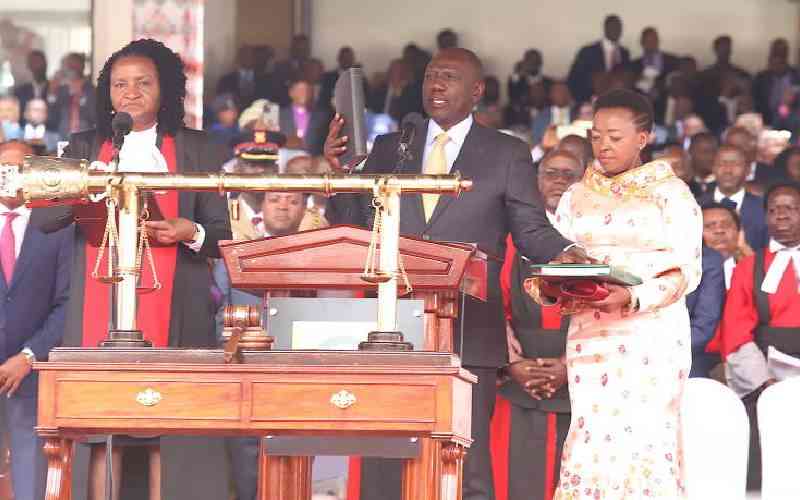×
The Standard e-Paper
Smart Minds Choose Us

President William Ruto is at a crossroads in slaying the corruption dragon.
The President, who coincidentally, left graft out of his campaign manifesto has come out boldly to declare that he has the will, energy and means to rein in the vice.